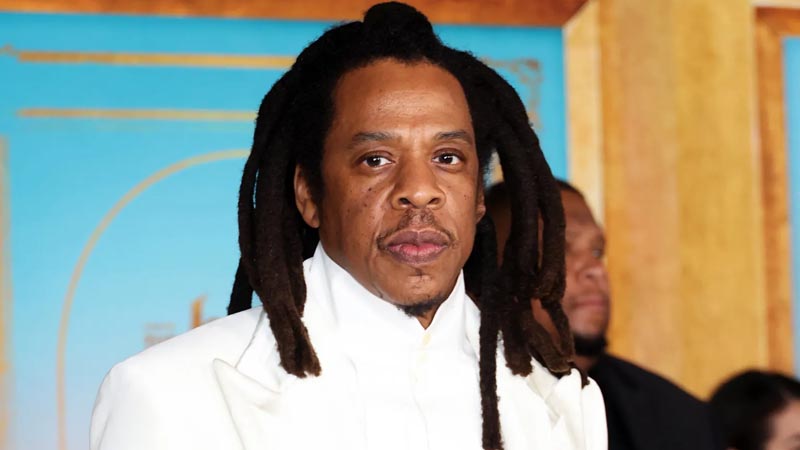Judge Slams Jay-Z for ‘Wasting Court Resources’ in 2000 Rape Lawsuit Involving a 13-Year-Old Girl

(Monica Schipper/WireImage)
Jay-Z, whose real name is Shawn Corey Carter, has faced sharp criticism from a federal judge over his legal tactics in a lawsuit accusing him and Sean “Diddy” Combs of raping a 13-year-old girl in 2000. The case, which stems from an alleged incident at a house party following the 2000 MTV Video Music Awards, has recently gained renewed attention.
In a five-page ruling released on Thursday, December 26, Judge Analisa Torres rebuked Jay-Z’s legal team for “wasting court resources” with what she described as “combative” filings that included “inflammatory language and ad hominem attacks.” The judge ruled that these tactics were unlikely to benefit the music mogul’s defense, told ABC News.
“The Court will not fast-track the judicial process merely because counsel demands it,” Judge Torres wrote, emphasizing that the judicial system would not be influenced by aggressive legal posturing.
The lawsuit, filed by an anonymous woman under the pseudonym Jane Doe on December 8, accuses both Jay-Z and Combs of sexual assault, which they vehemently deny. The judge ruled in favor of the plaintiff’s request to remain anonymous, despite Jay-Z’s legal team’s repeated calls for her identity to be revealed publicly.

The allegations date back 24 years, and Jay-Z was added to the case after initial reports focused on Combs. The rapper has strongly denied the accusations, labeling them “false” and arguing for the dismissal of the lawsuit.
The court’s decision to allow Jane Doe to remain anonymous has been hailed as a significant development in the case, signaling support for the plaintiff’s privacy in sensitive legal matters.
The lawsuit has sparked widespread public interest, with critics questioning the motives and tactics of all parties involved. Jay-Z, now 55, has built an empire as a music mogul and entrepreneur, making the high-profile case even more polarizing.
As the legal battle unfolds, the accusations continue to cast a shadow over both Jay-Z and Combs, raising questions about accountability and justice in high-profile cases involving allegations from decades past. The court has not yet ruled on Jay-Z’s motion to dismiss the case, leaving the music mogul to contend with mounting scrutiny.


